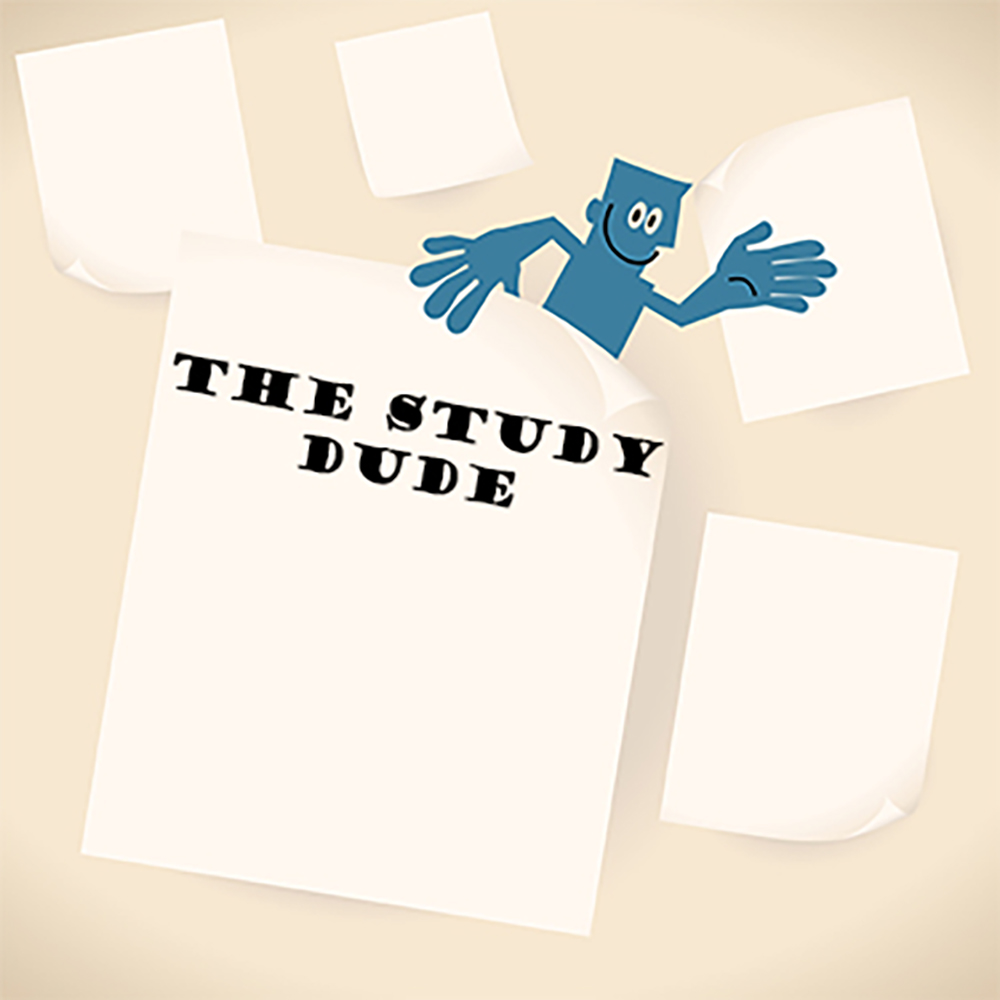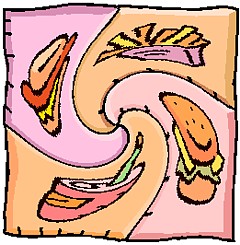 What if you came up with a new field of studies, like Newton’s calculus? Or what if you have a learning disability, and end up with a PhD? Or what if you paid for your own education while raising a family? A common theme among these scenarios is the skilled ability to learn.
What if you came up with a new field of studies, like Newton’s calculus? Or what if you have a learning disability, and end up with a PhD? Or what if you paid for your own education while raising a family? A common theme among these scenarios is the skilled ability to learn.
At university I studied nonstop. And I ended up in grad school. My secret? I put in the time to learn how to learn. But some students have children to raise or careers to build. And some students might live with abusive parents, so they work menial jobs to move out. Sadly, divided time poses challenges for serious students.
But students do get PhD’s while raising families or forging careers. Yet I’ve also heard tragic stories of eager students blowing up. Often, these students work jobs while taking heavy course loads. So, if you’ve signed up for five hard sciences, consider a soft science substitute, a reduced course load, or a resignation letter to your boss at Macs.
Prior to the first day of semester, read one chapter from each assigned textbook. That way, you won’t get dazed on day one. If you can’t afford the textbook, scour similar books from the library.
Author I. C. Robeido says treat home studies like exams. And I add vice versa. At home, I’d graph functions to dumb down problems. When the exam came, I was the only student who graphed the functions to better see the questions. I wound up with a perfect grade. So, if you can visualize it, draw it—even during exams.
You can learn how to learn with author I. C. Robiedo in the book No One Ever Taught Me How to Learn: How to Unlock Your Learning Potential and Become Unstoppable. He notes a number of considerations such as:
- Why learn? “There are many different reasons to learn … [such as] reliable employment … school and university …. independent learning …. skills …. mastery …. strengthening weaknesses” (location 170-223, 14%-17%)
- The first step to study success is motivation. “Come up with many reasons why you want to achieve a particular goal, or many reasons why you are so motivated that you wouldn’t give up so easily …. To skip this part can lead to issues further down the line” (location 562-577, 44%-45%).
- Then, learn the lingo of your subject: “In order to begin learning something new, you need to become well versed in the language. This can include both formal terminology and informal lingo that is used among those who work in the field …. If you fail to learn these things, you will constantly find that you misunderstand something” (location 588-603, 45%-46%).
- Treat your home study like a final exam: “Practice as you would in the final environment where you are expected to perform your skill …. When someone is practicing a skill, he should seek to do it in a as similar of an environment as he can to the actual one he’ll be expected to do it in” (location 697, 53%).
- Push yourself hard to achieve your best: “The more we challenge ourselves, the more effort we will need to put in. The more effort we put in, the more likely we are to learn a great deal from our experiences” (location 1031, 79%).
- And make what you learn ‘your own’: “Relate what you learn to your prior experiences or to other phenomena … you will find that this connection makes your learning much more reliable” (location 654, 50%).
- So, how do you make what you learn ‘your own’? “Think about how what you’re learning affects you. How does it affect other objects or people in your life? What would happen if you tried to apply what you’re learning to someone else … Are there other concepts you’ve learned in the past the relate to what you’re learning now in some way?” (location 1024, 80%).
- And consider a double major: “When someone masters two fields, it becomes more likely to find more and more connections among the two areas. Through novel integrations, new fields can be created or discovered” (location 799, 61%).
Yes, link your learning to what you know. The deeper I got into math, the more I connected math with other subjects. For instance, dance translated into beats and angles. Music struck me as formulaic. And essay structures morphed into patterns. So, connect your new with your old to boost your ability to learn how to learn.


